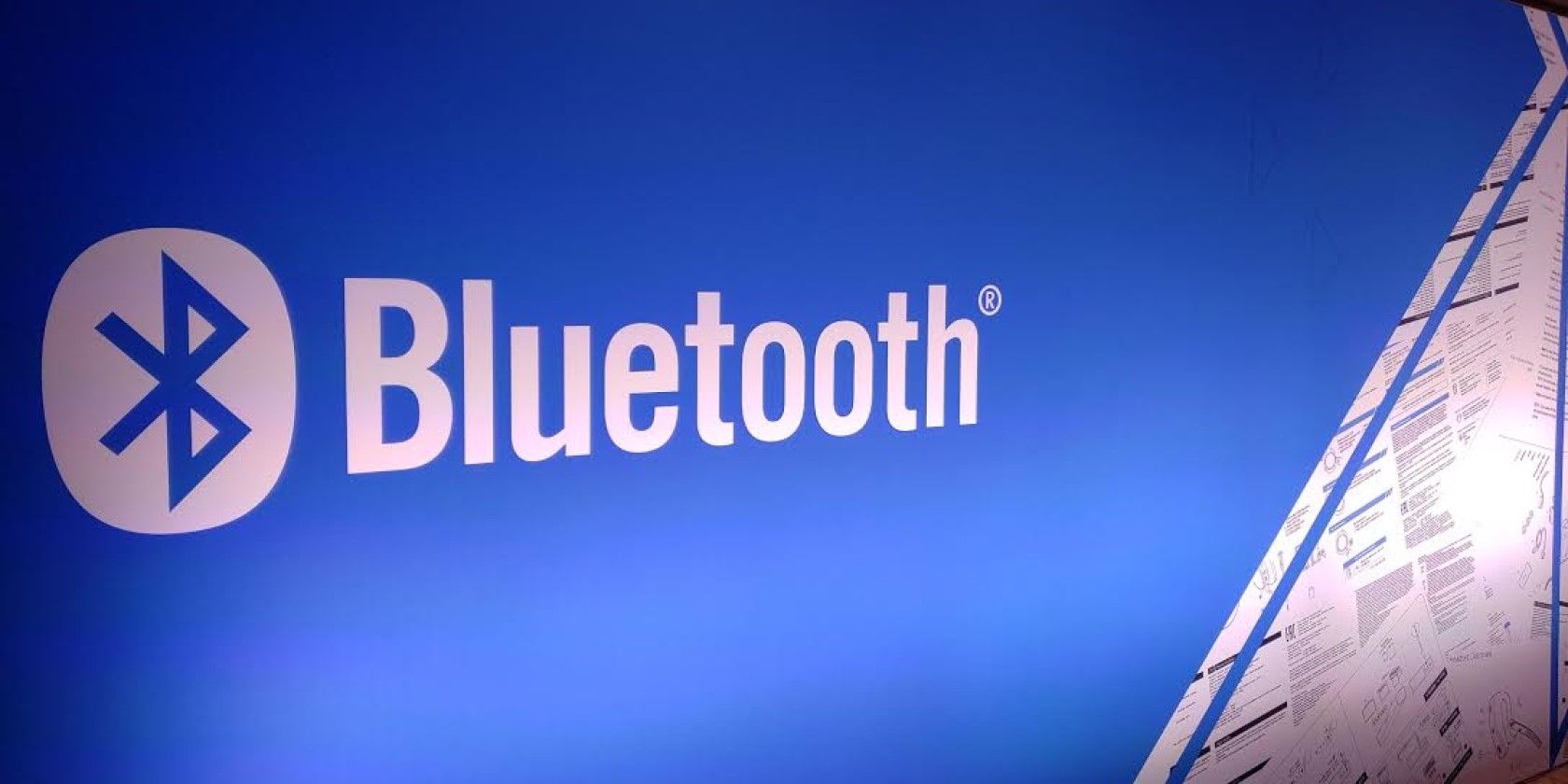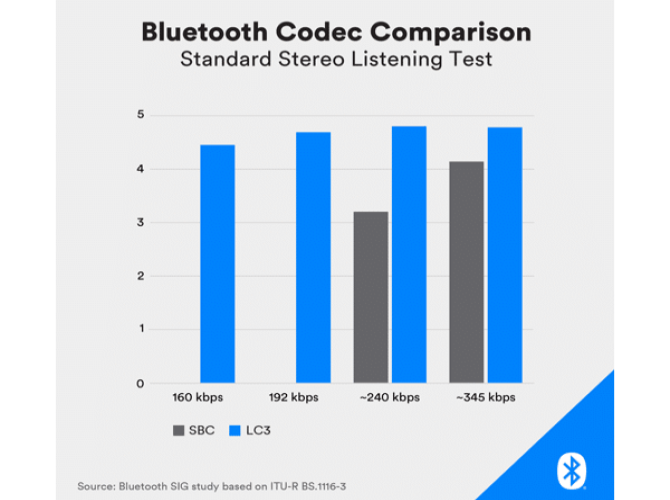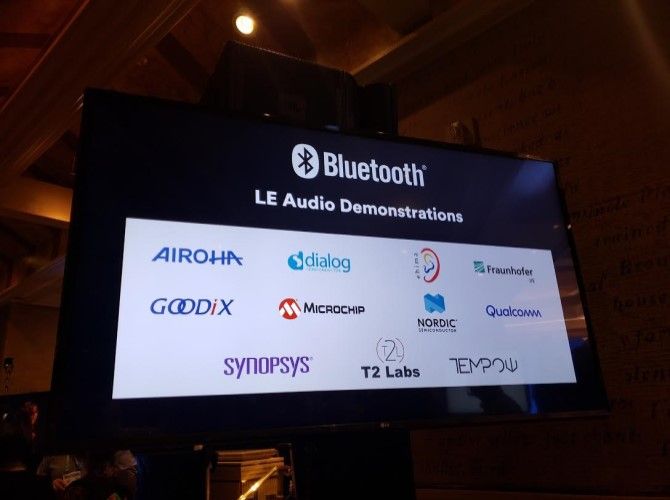The vice president of marketing in the Bluetooth Special Interest Group, Ken Kolderup, just announced that Bluetooth is entering a new generation. Bluetooth LE, or Bluetooth Low Energy, will change the way you listen with wireless audio.
Its name is self-explanatory---Bluetooth LE operates at a much more efficient energy level when compared to previous versions. This is possible thanks to the LC3 (Low Complexity Communication Codec), which transmits higher quality audio using less energy than SBC, the former codec. As a result, this allows for more exciting applications besides just listening to music on your mobile device with wireless headphones.
Bluetooth LE lets you privately stream the same audio to multiple devices. In other words, just one device can simultaneously broadcast audio to any audio sink devices closeby.
If you're wondering about public use of audio-sharing, Bluetooth LE has that too. You'll likely see this location-based audio-sharing feature at public venues like gyms, waiting rooms, airports, movie theaters, museums and more.
For example, if you're at a gym with closed-caption TVs, you can turn on your Bluetooth device to listen in. You can also use this feature at a museum that allows for audio descriptions. This will let you use your own Bluetooth device to get exhibit information from a public audio broadcast.
In the same vein, you can also use Bluetooth LE to listen to multiple sources from one headset. You can listen to your music, while also getting reminders from Alexa. Bluetooth LE even opens the door for hearing aid integration. Someone wearing a Bluetooth hearing aid will be able to clearly hear announcements, music, audio directly to their hearing aid.
Just because Bluetooth is ushering in Bluetooth LE, doesn't mean that Bluetooth Classic Audio won't be supported. The two modes will coexist, allowing developers to pick and choose which version they'd like to use.
However, you won't see Bluetooth LE-supported devices just yet. The specifications will get released sometime within the first portion of 2020.



